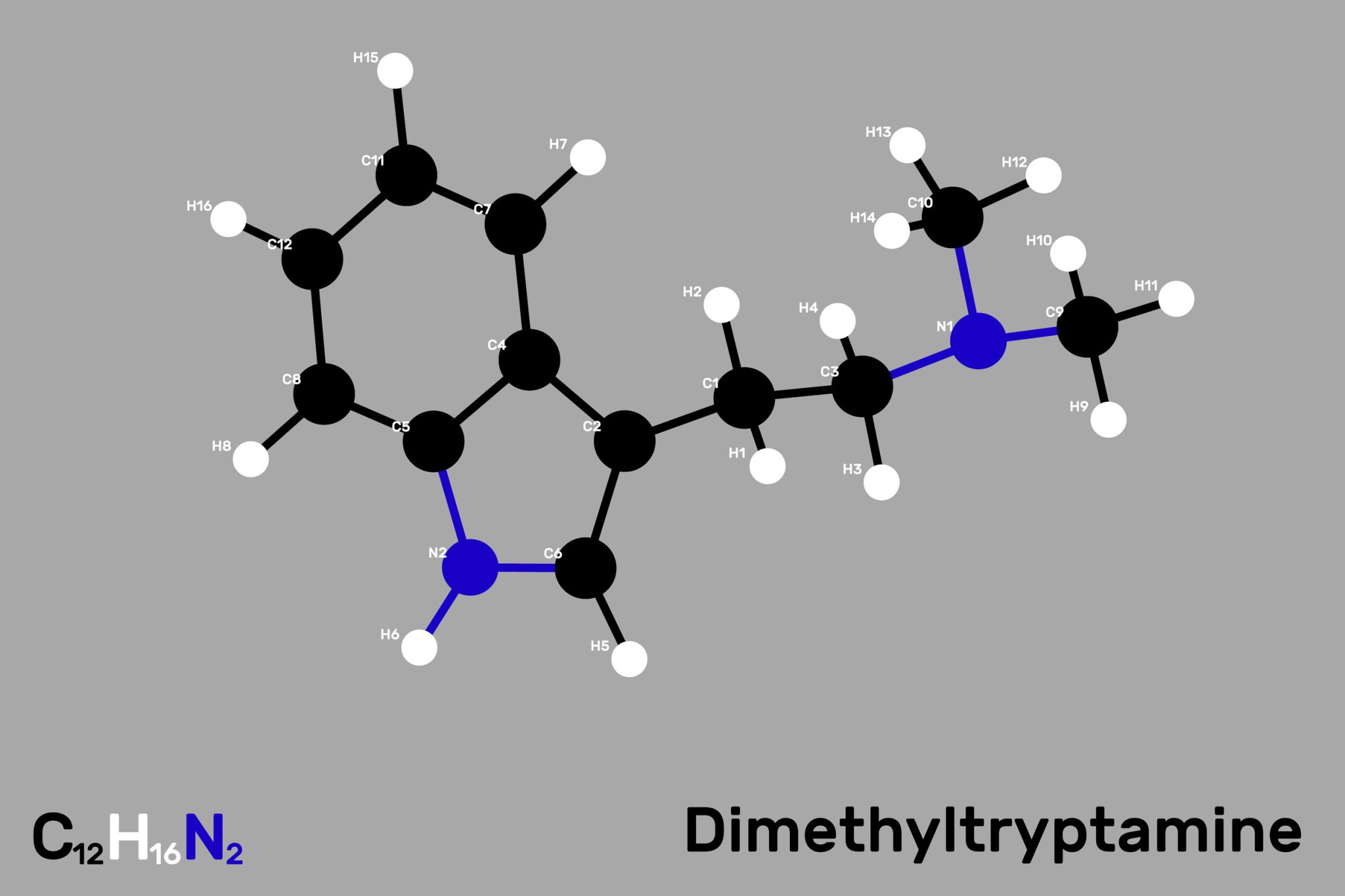Researchers have reported the first evidence that we can “re-wire” the reward centers in the brain that encourage addictive-like behavior to unhealthy food—shifting them to respond to low-calorie, healthy food instead. This important switch in food preferences is thought to be a critical factor in achieving long-term weight loss.
Published recently in the journal Nutrition & Diabetes, scientists at Tufts University and Massachusetts General Hospital used advanced MRI technology to measure changes in blood flow in an area of the brain called the putamen, which is involved in reward and also implicated in addictive behaviors, in 13 people who participated in a long-term behavioral weight-loss intervention that they developed. Over the course of the 6-month program, all the participants lost and kept off an average of 6.3 kg (about 14 lbs).
But more importantly, the activity in their putamens also changed—where previously activity increased only in response to looking at images of high-calorie foods, after the intervention the activity shifted to favor low-calorie foods. This kind of unconscious learning, called plasticity, has never been described before in regard to weight loss, and it offers hope that more successful strategies can be developed to change not just a person’s weight but their whole attitude toward the foods they eat—and hopefully keep the pounds off for good.
(Source: Nutrition & Diabetes, 2014; 4 (9): e129 DOI: 10.1038/nutd.2014.26)










